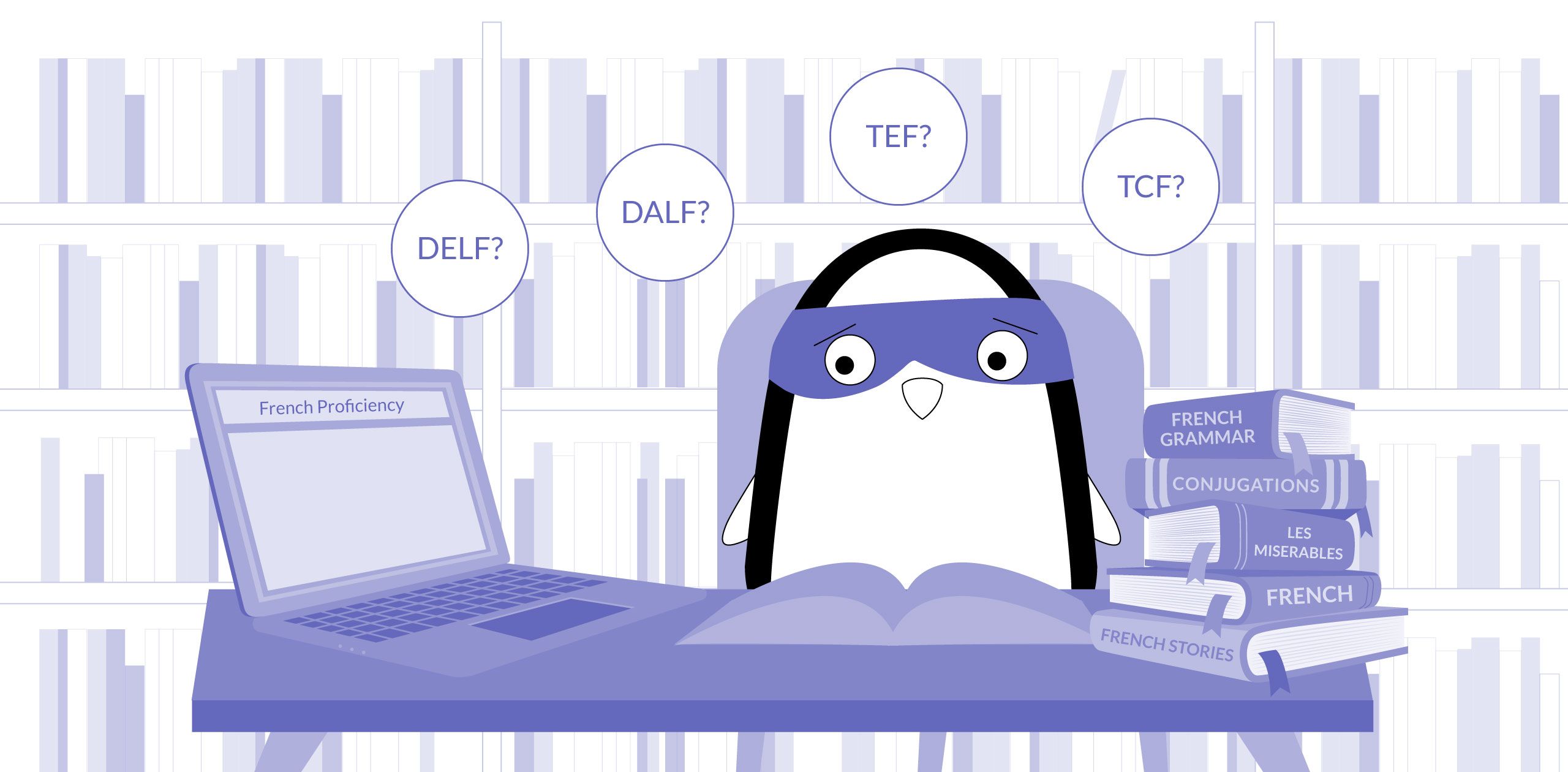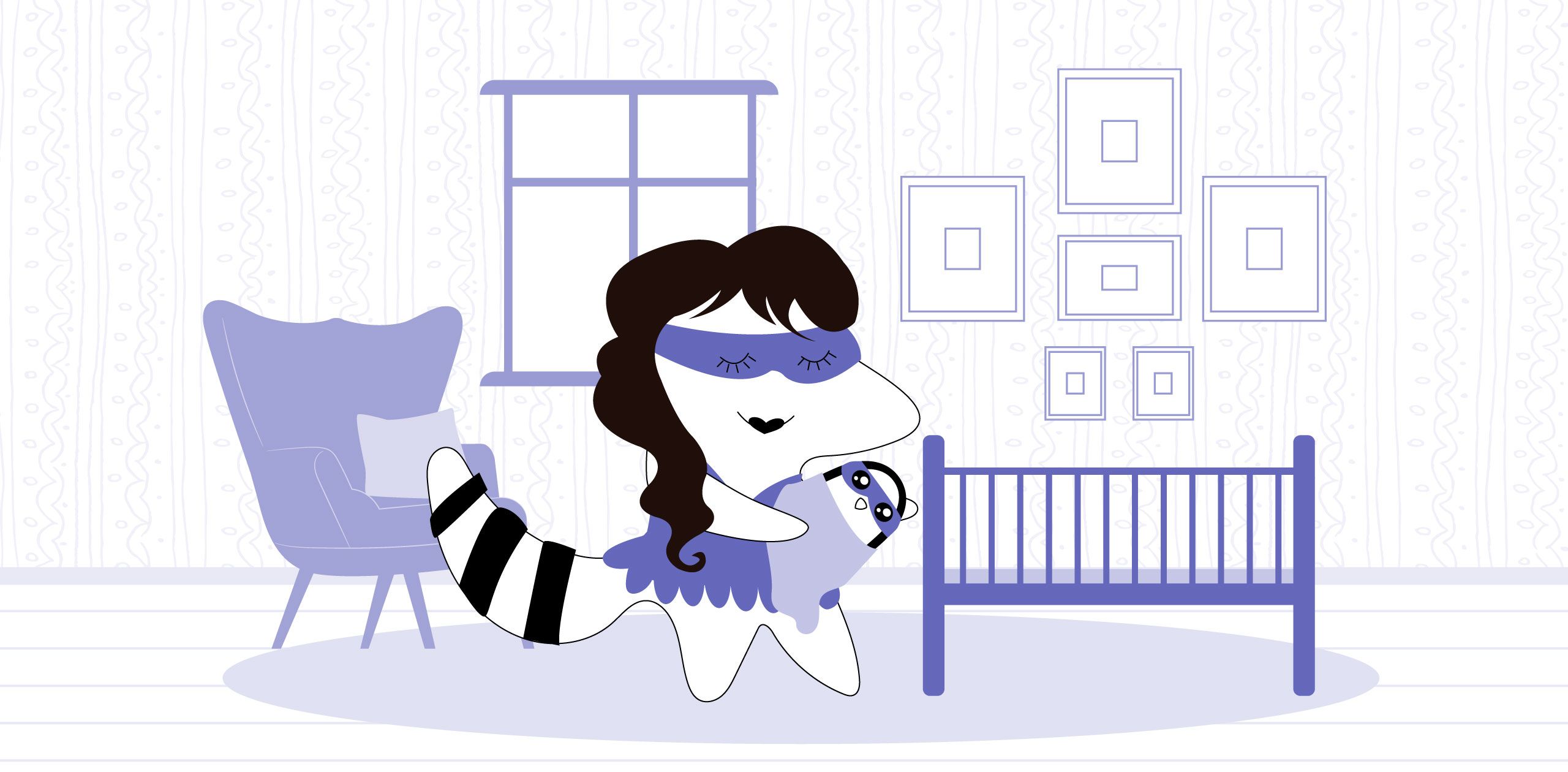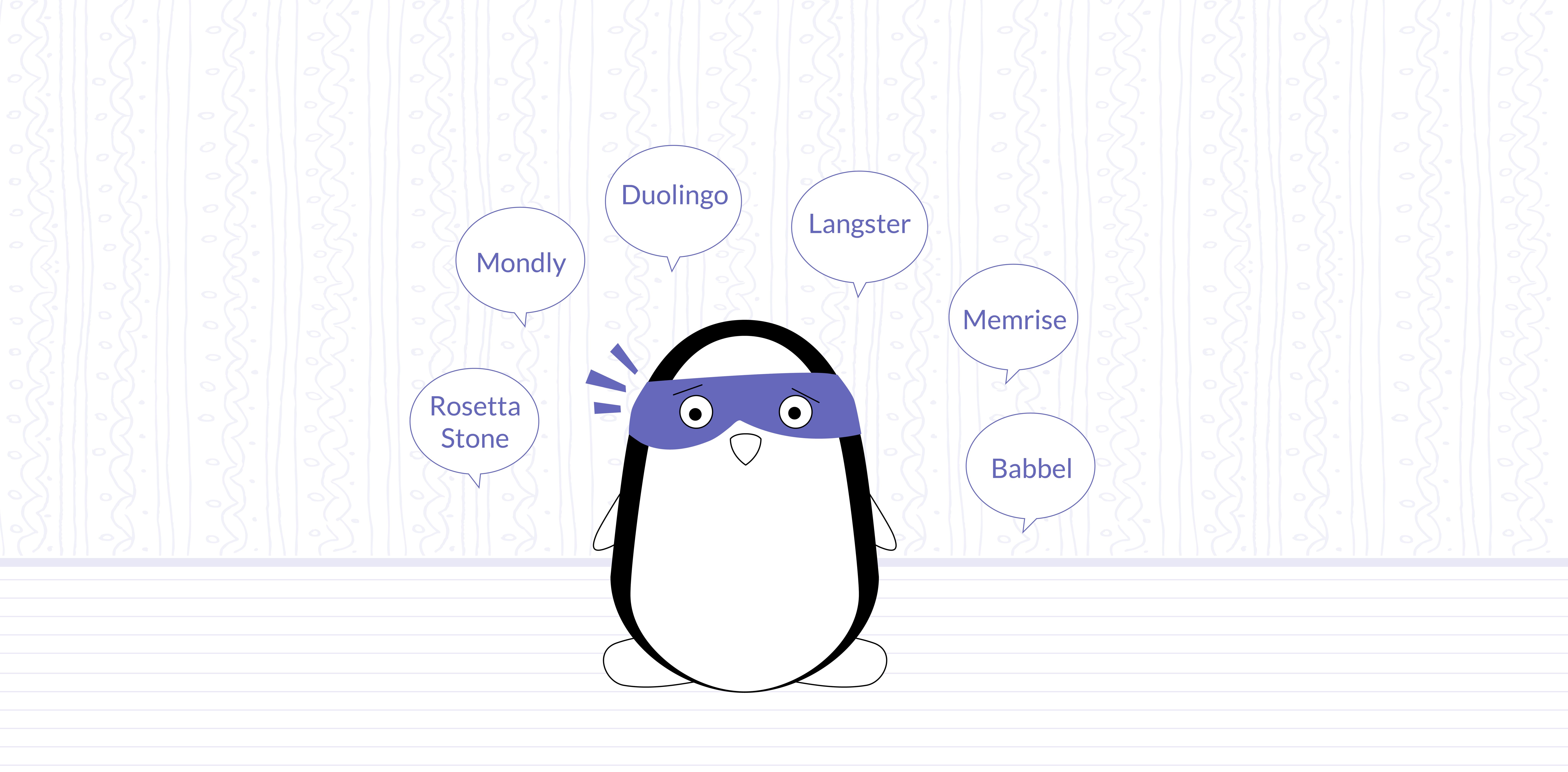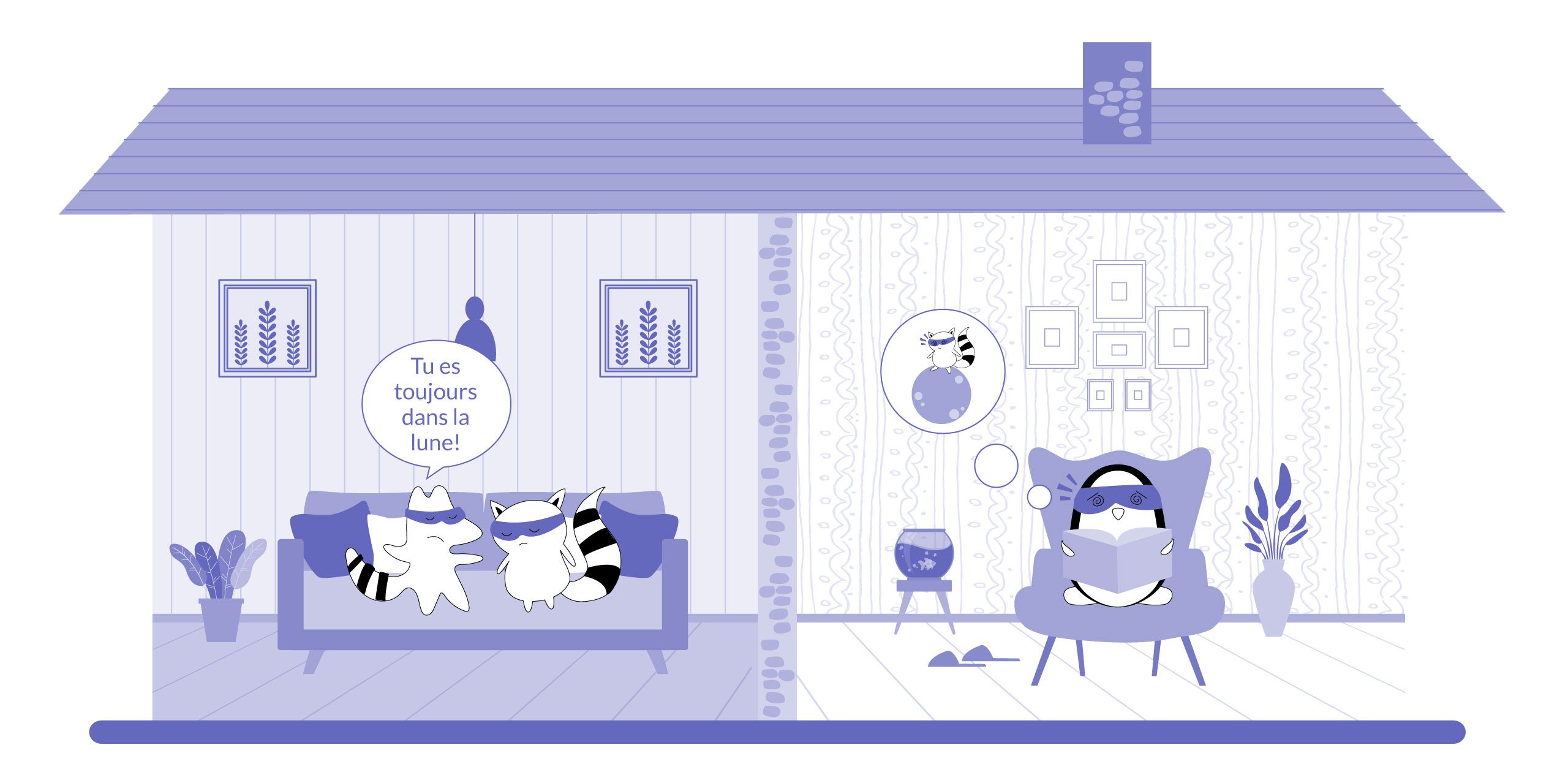
Anyone who has attempted to learn a foreign language knows that idiomatic expressions can be some of the most difficult things to translate. They often don't make sense and show up in a variety of contexts. This can be especially true for idioms originating in Romance languages like French, which tend to be more lyrical and poetic than their Germanic counterparts.
But never fear! While learning idiomatic expressions may seem daunting at first since they don’t always have literal translations into English, so French idioms are actually a great way to improve your fluency and feel more confident when speaking in French.
In this article, let’s look at 30 French idioms that don't exist in English. With these expressions in your repertoire, you'll be able to hold your own in even the most challenging French conversations.
Learn French with Langster
Être dans la lune
The French expression “Être dans la lune” has the literal translation, "to be in the moon," and figuratively, it means to be lost in thought, daydreaming, or simply distracted.
This expression is often used to describe someone who is not paying attention or who is not present in the moment. The English expression for this would be "he has his head in the clouds" or "she's away with the fairies."
Here is an example:
French
English
Je rêve! Pierre est toujours dans la lune et n'écoute jamais quand on essaie de lui parler.
I can't believe it! Pierre always has his head in the clouds and is never listening when we try to talk to him.
Ça coûte un bras
The French expression “Ça coûte un bras” describes something that is extremely expensive, and is one of the most common idioms in the French language. Its literal translation is very similar to the English equivalent – in French, we say “it costs an arm,” while in English, we might say "that costs an arm and a leg."
Take a look at the example:
French
English
Regarde cette montre! Elle est magnifique, mais ça coûte un bras.
Look at this watch! It's beautiful, but it costs an arm and a leg.
Faire la grasse matinée
The literal translation of this phrase is “to make a fat morning,” which can be used to describe sleeping late or sleeping in, usually on weekends or holidays.
French
English
Demain, je vais faire la grasse matinée car je n'ai pas à aller au travail.
I'm going to sleep in tomorrow because I don't have to go to work.
Note that native speakers use this French idiom when they want to emphasize that they are taking the time to enjoy a long sleep, and not just oversleeping. When talking to friends, they often shorten this phrase to just “faire la grasse mat.”
Mettre son grain de sel
This is another one of the most common French idioms, which means “to put one's grain of salt,” and is used when people are involved in a discussion or debate and want to share their thoughts on the matter. Native speakers also often use it more colloquially to describe someone who likes to give their opinion, even when it is not welcome.
You can translate it as “to have one's two cents,” “to chime in,” or “to add one's input.” We can also translate it in a simpler way: to butt into a conversation and give your point of view even if it’s not asked for.
French
English
On discutait de l'économie mondiale et j'ai décidé de mettre mon grain de sel.
We were discussing the world economy and I decided to put in my two cents.
Coup de foudre
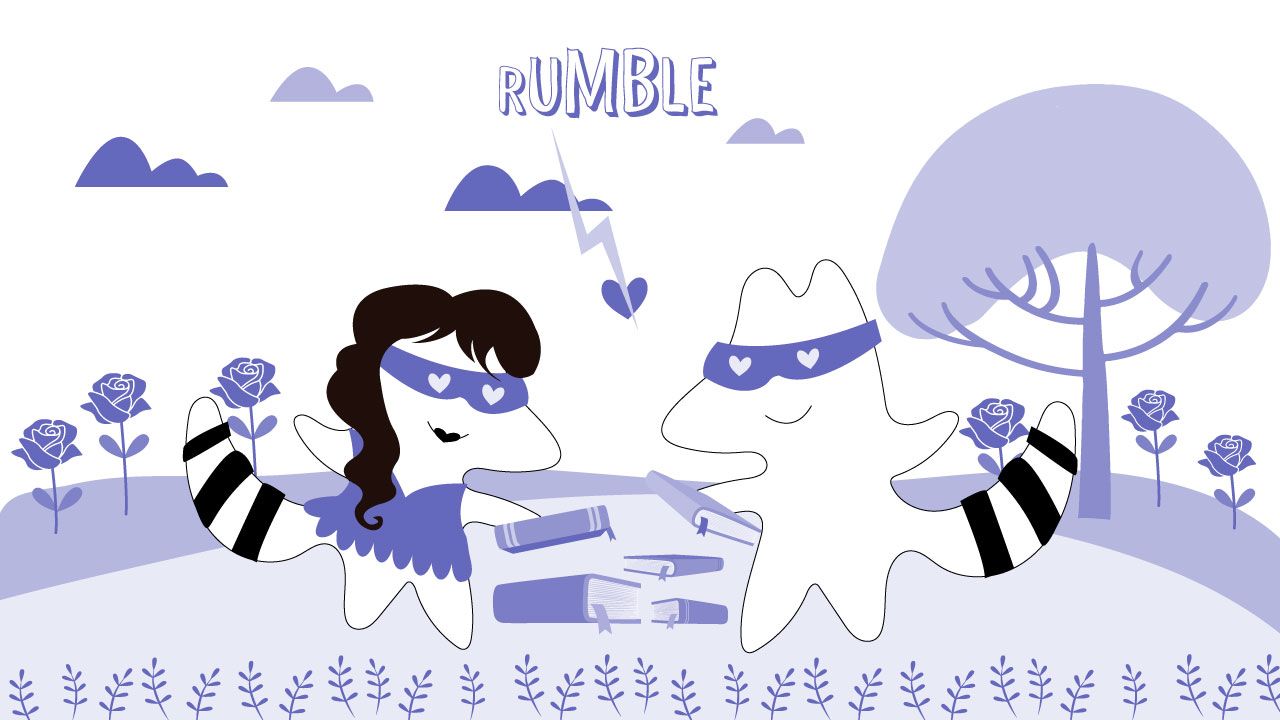
This is one of the most romantic French expressions. It describes the moment when you meet someone, and it feels like love at first sight. Or, also often, it can refer to a sudden unforeseen event, either positive or negative.
It can mean “love at first sight” or “lightning strike" when used figuratively. But you can also use it in its literal meaning: "thunderbolt."
French
English
Je n'ai pas pu m'empêcher de sourire quand je l'ai vue pour la première fois. C'était un vrai coup de foudre.
I couldn't help but smile when I saw her for the first time. It was love at first sight.
Quand les poules auront des dents
This is one of the most popular French idioms, which is used to describe something that will never happen. Its literal translation is “when hens have teeth,” but there are many ways to say it in English: “when pigs fly,” “when the hell freezes over,” “never in a month of Sundays,” or simply “not a chance!”
French
English
Il veut que je lui fasse la cuisine? Quand les poules auront des dents!
He wants me to cook for him? Not a chance!
Les doigts dans la nez
The French expression “les doigts dans la nez” is used to describe something that is done very easily, without any effort. The literal translation of this is, “with fingers in the nose,” or more colloquially, “without lifting a finger.” In English, there are idioms with similar meaning: “to do something with your eyes closed” or “to do something standing on your head.”
This idiom is mostly used in a positive way, to describe someone who is very talented and does something effortlessly. The original French expression, “with fingers in the nose” comes from the jargon of horse racing, where it referred to a jockey who won a game with such a great ease that he found time to put fingers in his nose.
French
English
Il a passé l'examen sans étudier, les doigts dans le nez.
He passed the exam without studying, with his eyes closed.
Être sage comme une image
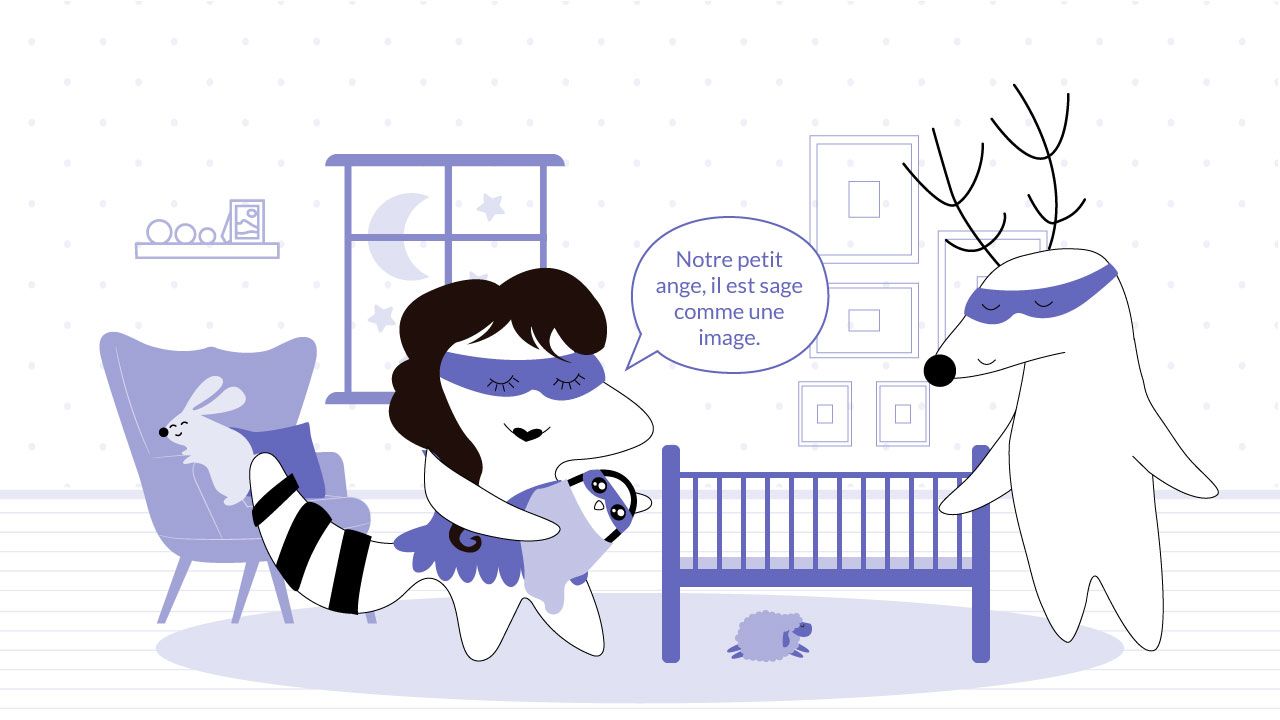
This is one of our favorite French idioms, and definitely one of the cutest. You can use this to describe a very good and well-behaved person, usually a child. The literal translation of it is, “to be as good as a picture,” and in English, it simply means “to be as good as gold.”
French
English
Mon petit frère est sage comme une image.
My little brother is as good as gold.
This expression appeared in the seventeenth century as a reference to images in which children are always represented calm and quiet, far from the agitation inherent in childhood.
Boire comme un trou
This is a negative French idiomatic expression that describes someone who drinks alcohol excessively and gets drunk very quickly. We can translate it in English as “to drink like a fish” but its literal translation is “to drink like a hole.”
This expression refers to drinking heavily, like a hole without a bottom – both when it comes to binge drinking as well as alcoholism.
French
English
Il boit comme un trou et il n'a même pas 20 ans!
He drinks like a fish and he's not even 20 years old!
J'ai prévu de boire comme un trou demain.
I plan on drinking a lot tomorrow.
Poser un lapin à quelqu'un
“Poser un lapin” is a French idiomatic expression that describes the act of not showing up for a date. It can be translated as “to stand someone up,” “to give someone the slip,” or simply “to ditch someone.”
The literal translation of this idiom would be something like “to put a rabbit on someone,” which comes from an old French saying. Nevertheless, in the eighteenth century, the meaning was different: “poser un lapin” at that time referred to a refusal to pay for the favors of a woman. With time, the meaning changed, and it is what it is now.
French
English
On avait un rendez-vous hier, mais elle m'a posé un lapin.
We had a date yesterday, but she stood me up.
Il fait un temps de chien
There are many French idiomatic expressions referring to the weather, and “il fait un temps de chien” is one of them. It describes very bad weather conditions, and you can say it as “it’s awful weather,” “it’s beastly weather,” or simply “it’s crappy weather.”
This expression is actually very old and is based on the idea that a dog is a dirty animal – and is just one of the many idioms in many languages where the poor animal is treated badly.
French
English
Je n'aime pas sortir quand il fait un temps de chien.
I don't like to go out when the weather is bad.
There’s also a similar, but more detailed expression in French: “il fait un froid de canard,” which literally means “to be a duck's cold” and can be figuratively used to say that it’s bitterly cold.
French
English
Je ne veux pas aller au travail, il fait un froid de canard aujourd'hui.
I don't want to go to work, it's so cold today.
Appeler un chat un chat
This is a very useful French idiom, which is used to describe the act of calling things by their real name. The English counterpart is the expression “to call a spade a spade,” and it is very similar to the Spanish expression “decir las cosas por su nombre.”
This expression’s history is actually very interesting. In the 18th century, the word “chat” referred in slang to the women’s pubic hair, playing on the ambiguity of the term for the pet. The poet Nicolas Boileau was the first to use this expression in its today’s meaning – as a satire denouncing the hypocrisy of society.
French
English
Dans le monde d'aujourd'hui, il est important d'appeler les choses par leur nom.
In today's world, it's important to call things by their names.
Avoir le cafard
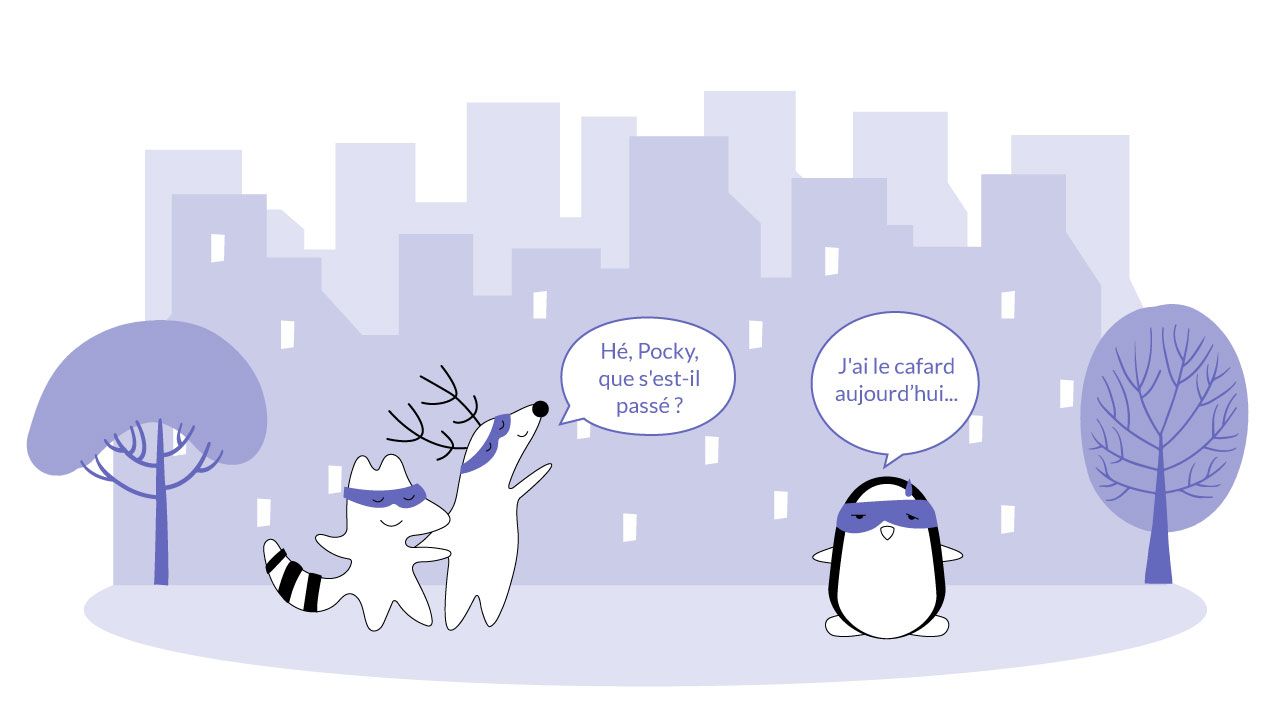
This is one of the most popular French idioms, which describes a very negative feeling – sadness, depression, or simply a bad mood. In English, you might say “to have the blues,” “to feel down in the dumps,” or “to feel low.”
The literal translation of this idiom would be something like “to have the cockroach,” although it doesn’t really refer to the cockroaches. Charles Baudelaire, in his Les Fleurs du mal, used this phrase to mean “melancholy,” and since then, it has stayed in the French vocabulary.
French
English
J'ai le cafard depuis que tu es parti.
I'm feeling blue since you left.
Avoir les chevilles qui enflent
This idiom doesn’t have a direct translation in English, but it describes the feeling of being too self-important or arrogant. The idiom means the same as “to have a swollen head,” “be too big for one’s britches,” or simply “to be full of oneself.”
The literal meaning of this idiom is actually “to have swollen ankles” – but it’s not sure why the French use ankles instead of the head. Maybe because that is exactly how people feel when they are being too self-important: like they are above others? Who knows.
French
English
Il commence à avoir les chevilles qui enflent.
He's getting so full of himself.
Ne pas y aller avec le dos de la cuillère
This expression is the French equivalent of "to not believe in half measures" or "to not mess about" and the literal translation of it is, “to not go there with the back of the spoon."
Just like in English, it refers to people who do things in a complete way, sure that half measures won't get them anywhere. After all, trying to eat jam with just the back of the spoon won't get you much – unlike eating jam with a spoon the normal way.
French
English
Si je veux vaincre cette maladie, je n’y vais pas avec le dos de la cuillère, je dois faire tout ce qui est possible.
If I want to beat this illness, I can't believe in half measures, I need to do everything possible.
L’habit ne fait pas le moine
This famous French idiom has many English equivalents, such as “clothes don’t make the man,” “you can’t judge a book by its cover,” or simply “appearances can be deceiving.”
It means that you shouldn't believe everything you see on the surface, and that people shouldn't be judged by their looks alone.
French
English
Tu ne devrais pas le prendre au sérieux, l'habit ne fait pas le moine.
You shouldn't take him seriously, appearances can be deceiving.
Ce n'est pas tes oignons
This is the French way to say “it’s none of your business,” or “mind your own business,” the literal translation is, “it's not your onions.”
It has a more informal tone than the English idiom, and French people use it when they want to make it clear to somebody that they should stop asking questions about something that doesn't concern them. Actually, the better English equivalent for this would be “none of your beeswax!”
French
English
Ce n'est pas tes oignons ce que je fais de ma vie.
It's none of your business what I do with my life.
Gagner des cacahuètes
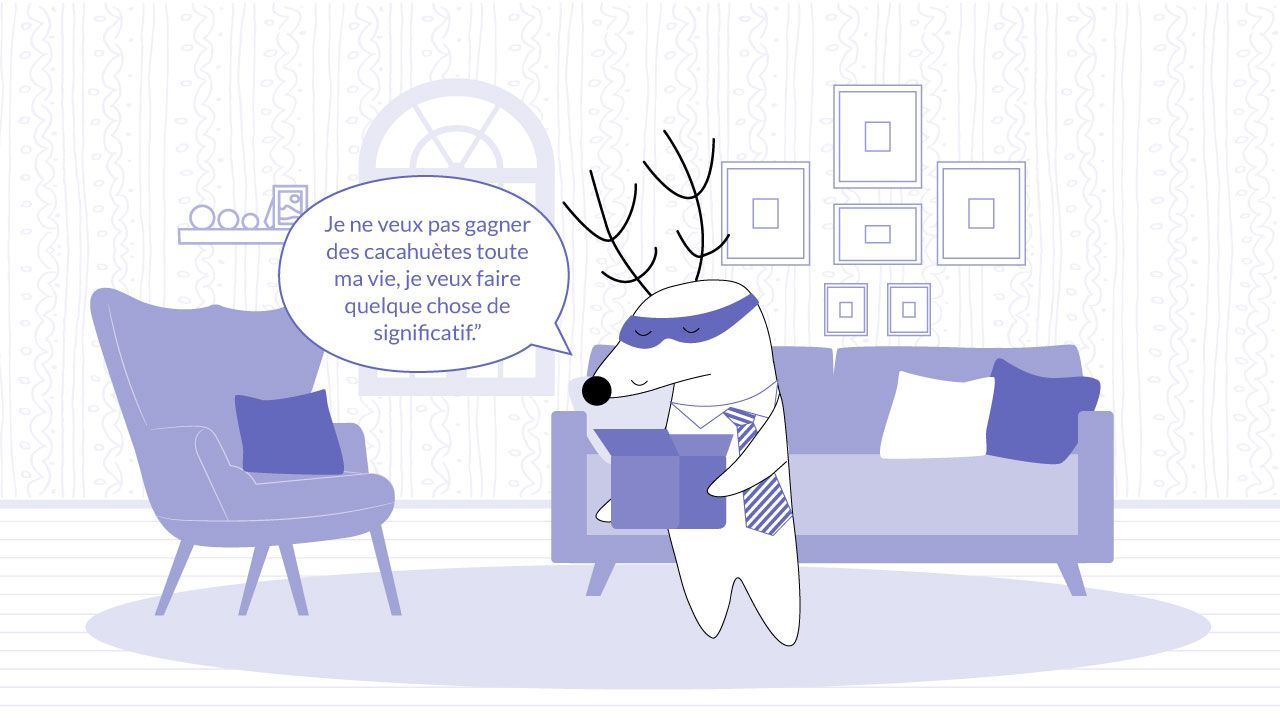
This idiom is the French way of saying “to earn peanuts,” or “to be paid peanuts,” and it has the same meaning as in English. It describes a situation where somebody is paid very little for the work they do, often in comparison to how much they deserve or how big their responsibilities are.
French
English
Je ne veux pas gagner des cacahuètes toute ma vie, je veux faire quelque chose de significatif.
I don't want to earn peanuts all my life, I want to do something meaningful.
La moutarde monte au nez (à quelqu'un)
French speakers use this idiom to describe the feeling of anger rising, usually in response to something that has been said or done. The literal translation of this is “the mustard goes to (someone's) nose,” and it refers to the fact that when you eat mustard, your nose starts to tingle.
The English expressions similar to this one would be “to lose one’s temper,” “to get flared up,” or “to see red.”
This phrase is often used in the sentence “la moutarde me monte au nez,” which means “I'm getting angry.”
French
English
La moutarde me monte au nez quand je vois que le gouvernement ne fait rien.
I get angry when I see that the government does nothing.
Final Thoughts
By using French idioms in your everyday conversations, you can sound more like a native speaker and make your language skills even more impressive. But of course, this is just a small part of the popular French sayings. The French language has much more to offer – there are many other French words and expressions that might be interesting to those who want to speak French fluently.
So why not start learning them today? Check the Langster app to learn popular French expressions in real-life contexts, and find a fun way to boost your language learning journey. Or, if you’re not ready to commit, check other posts on our blog and learn more about French grammar, vocabulary, and culture.







